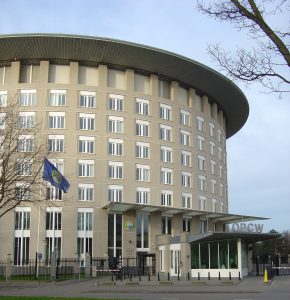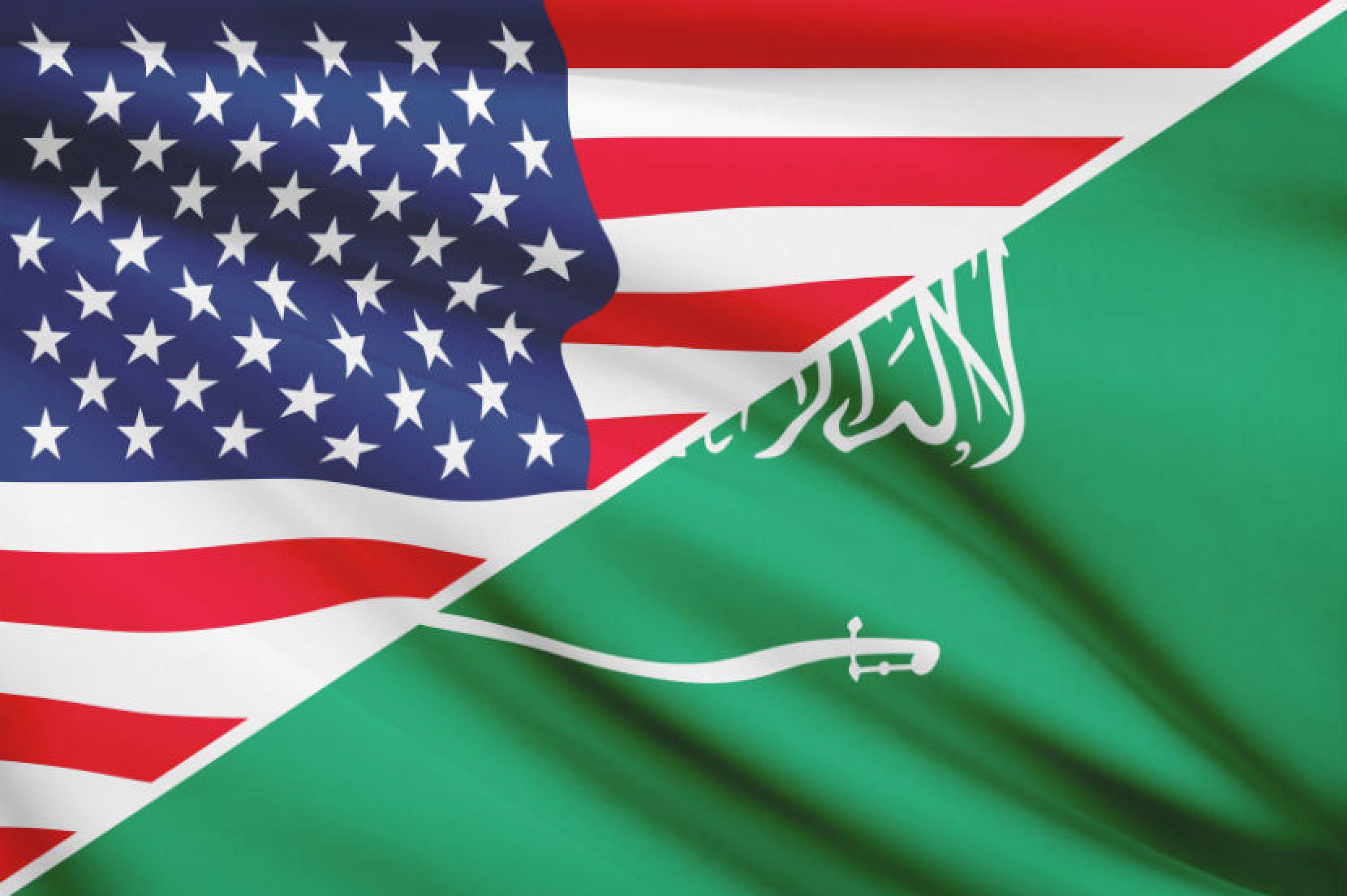By: Sarah Smith

(Photo Credit: Creative Commons)
On Oct. 11, 2013, 259 nominees anxiously awaited the announcement of the Norwegian Nobel Committee. It had been a week full of recognition and celebration, all culminating in the most esteemed award granted on the last day of the ceremonies. The Nobel Peace Prize, established in 1901 by Alfred Nobel, is awarded every year to those individuals or organizations who have “done the most or the best work for fraternity between nations, for the abolition of standing armies and for the holding or promotion of peace congresses.” 94 such individuals and organizations have received the award, with the most recent recipient being the Organization for the Prohibition of Chemical Weapons (OPCW). The OPCW joins the joins the ranks of Kofi Annan, Nelson Mandela, the International Atomic Energy Agency, and United Nations High Commissioner for Refugees.
The OPCW is an intergovernmental organization headquartered in the Hague, Netherlands. Founded in 1997, the OPCW represents the enforcement mechanism of the Chemical Weapons Convention. As a result of the suspected chemical weapons attacks during the Persian Gulf War and Iran-Iraq War, the UN’s Conference for Disarmament drafted the Chemical Weapons Convention Arms Treaty, which went into force in 1997. The CWC augments the Geneva Protocol of 1925 and is administered by the OPCW through verification measures and on-site inspections. The key objectives of the CWC include the prohibition of production and use of chemical weapons, destruction of all existing chemical weapons, and international cooperation in the peaceful use of chemistry in relevant areas.
The specific role of the OPCW is to oversee chemical weapons destruction facilities and to inspect the global chemical industry to ensure adherence to the allotted amounts of certain controlled substances. Compared to some international treaties, the CWC, as administered by the OPCW, has had unprecedented success. As of 2013, 98 percent of the global population has joined the CWC, with the exception of Angola, Democratic People’s Republic of Korea, Egypt, Israel, Myanmar, Somalia, and Syria.
The OPCW’s current work in Syria is why this 500-person staffed organization claimed the coveted Nobel Peace Prize. Just two months ago, Syria was a ticking time bomb. A severe chemical weapons attack in late August finally warranted international attention towards the Syrian conflict. As U.S. aircraft carriers mounted in the Mediterranean, it was the U.S. “frenemy” in the Kremlin who proposed an elimination of Syria’s chemical weapons stockpile. Throughout September, the OPCW sent over 50 employees to Damascus and surrounding areas to inspect 17 chemical weapons facilities.
The absence of publicity has helped the OPCW go about its business with a quiet but striking efficiency. In addition to its recent work in Syria, it has overseen the elimination of over 80 percent of the world’s declared chemical weapons arsenals, including the entire stockpiles of Albania, India, South Korea, portions of Japan’s and Russia’s as well as almost all of Gaddafi’s Libyan arsenal. In terms of disarmament, the OPCW’s efforts have been one of the world’s most profound achievements.
Unlike its achievements in many of the former Soviet states, the OPCW is currently operating in the middle of a war zone in Syria. Chemical weapons experts have found themselves under fire; the head of training for OPCW inspectors in Germany claims, “we’ve never done this before. It’s not something you could have foreseen two years ago and planned for.” An example of these conditions is a recent sniper attack on a convoy of UN experts investigating a suspected chemical weapons attacks in the suburb of Damascus.
In many ways, recognition of the success of the OPCW has been a long time overdue. As they gear up for perhaps their most difficult task to date, the timing of the Nobel Peace Prize is extremely fitting. Within the realm of international law, there is a poor track record of true success among intergovernmental organization. The CWC’s counterpart, the Biological Weapons Convention, in fact, does not even have an enforcement mechanism. The OPCW represents a light at the end of the proverbial tunnel of international law, as it strives to truly eliminate chemical weapons from our world.

